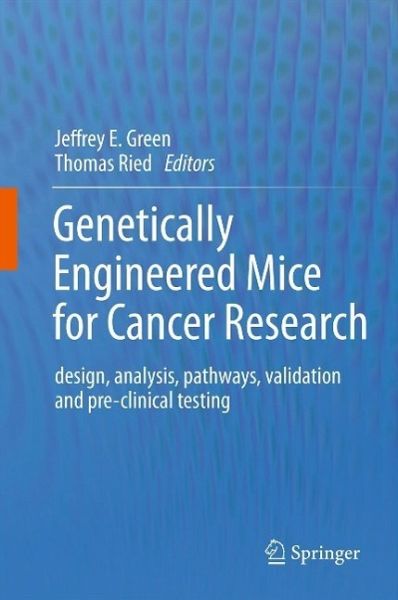
Genetically Engineered Mice for Cancer Research (eBook, PDF)
design, analysis, pathways, validation and pre-clinical testing
Redaktion: Green, Jeffrey E.; Ried, Thomas
Versandkostenfrei!
Sofort per Download lieferbar
112,95 €
inkl. MwSt.
Weitere Ausgaben:

PAYBACK Punkte
56 °P sammeln!
Genetically-engineered mouse models for cancer research have become invaluable tools for studying cancer biology and evaluating novel therapeutic approaches. This volume focuses on state-of-the-art methods for generating, analyzing and validating such models for studying aspects of human cancer biology. Additionally, these models are emerging as important pre-clinical systems in which to test cancer prevention and therapeutic strategies in order to select compounds for testing in clinical trials.
Dieser Download kann aus rechtlichen Gründen nur mit Rechnungsadresse in A, B, BG, CY, CZ, D, DK, EW, E, FIN, F, GR, HR, H, IRL, I, LT, L, LR, M, NL, PL, P, R, S, SLO, SK ausgeliefert werden.












